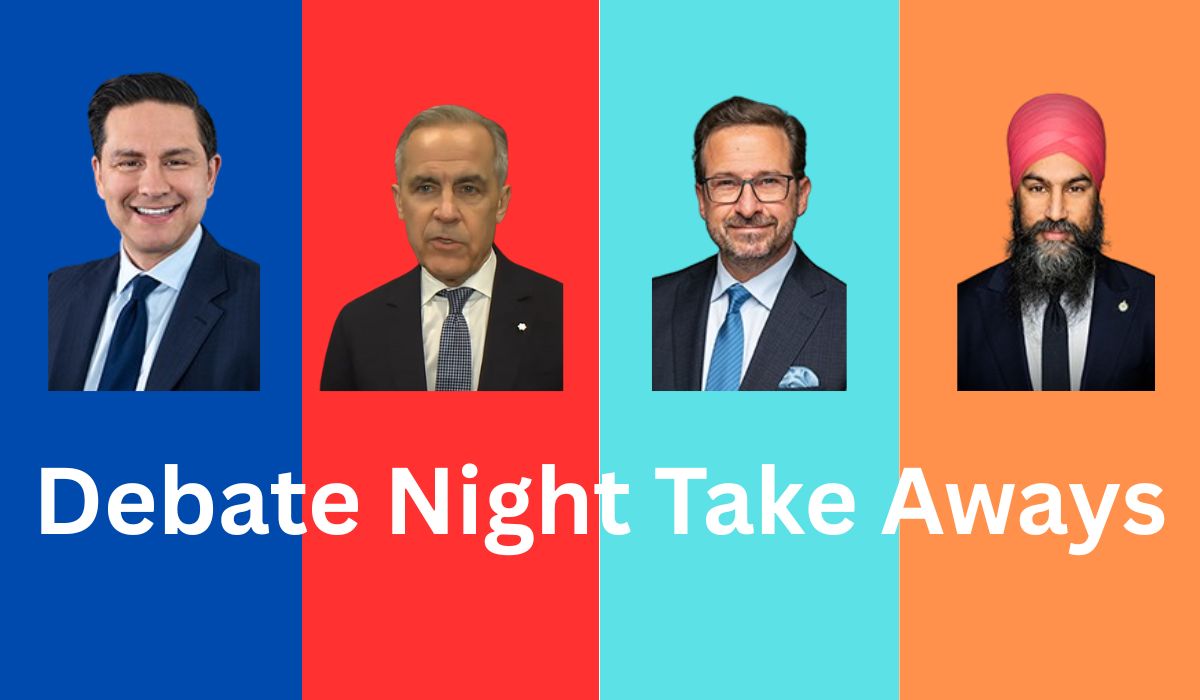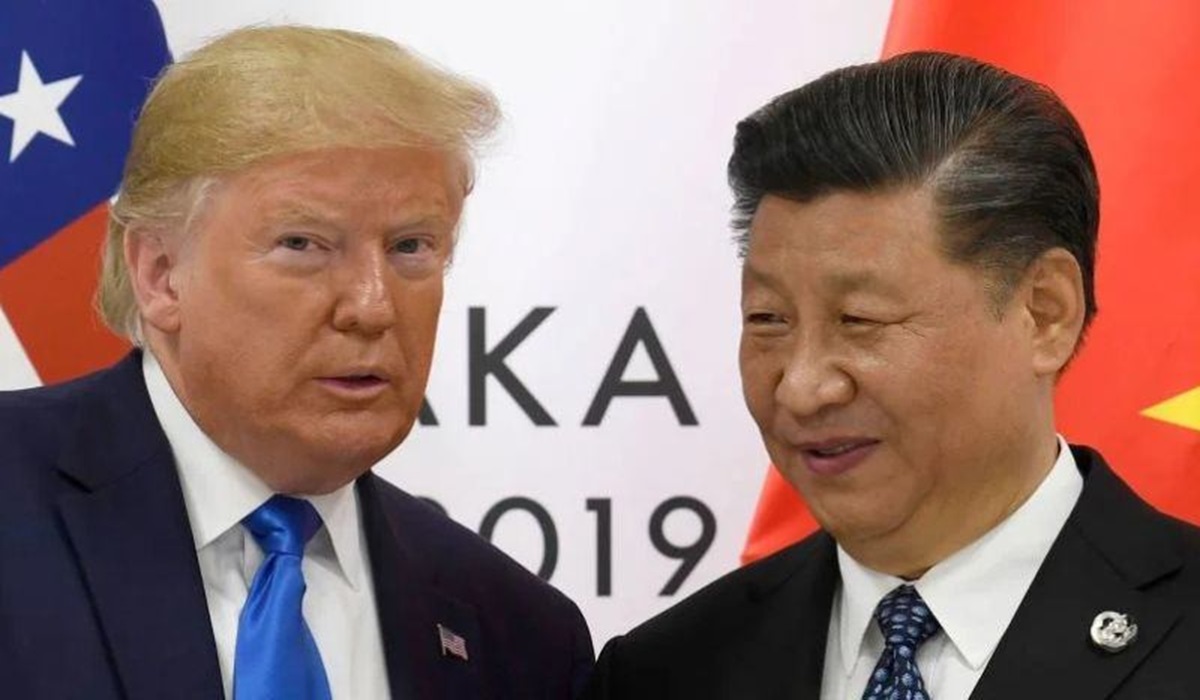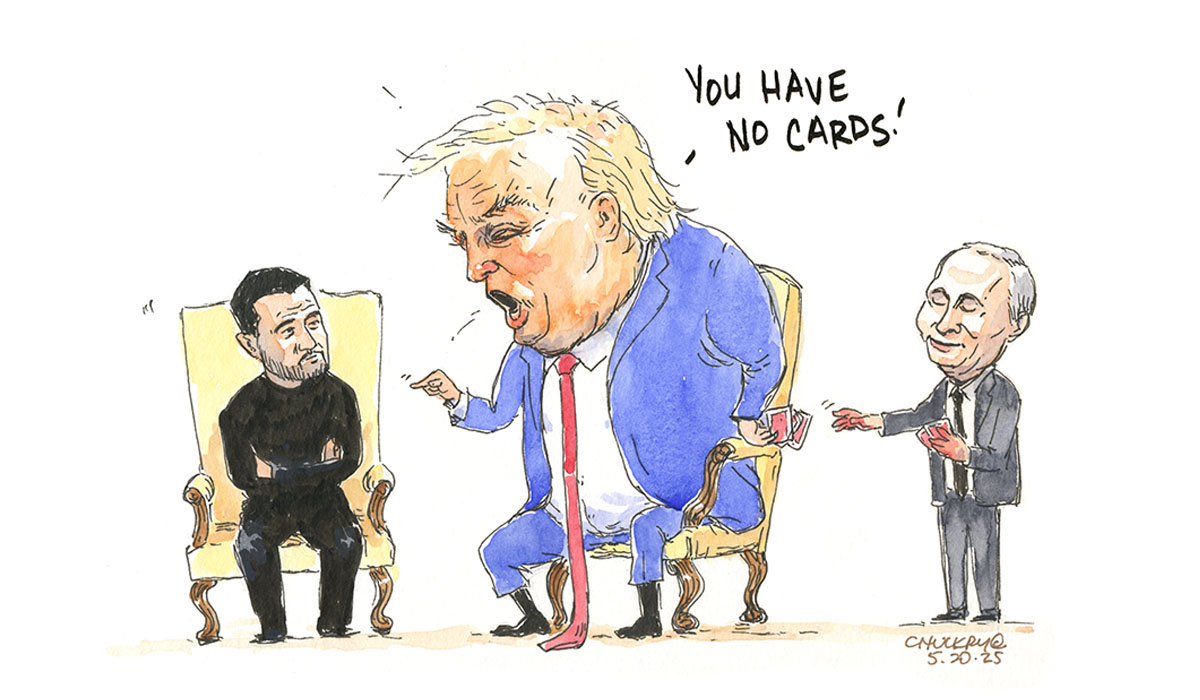In Pursuit of Truth: Safeguarding Democracy Against Monopolized Realities
- TDS News
- D.O.C Supplements - Trending News
- January 15, 2024

Understanding the essence of truth proves challenging, given its elusive and subjective nature. The pitfalls of politics become starkly evident when those in positions of authority, whether elected or appointed, assert an exclusive hold on what they perceive as the ultimate reality. Democracy thrives on diverse perspectives, creating a robust foundation for decision-making in the best interests of the populace. However, when those in power insist on their version of certainty as absolute, it seriously threatens the democratic fabric and raises concerns about implications for citizens under such governance.
Navigating the subjective nature of what is considered true poses a fundamental political challenge. What one group sees as undeniable, another may vehemently oppose. In a healthy democratic system, the interplay of various perspectives is essential for robust decision-making. Yet, when those in power stifle dissent and diversity of thought by claiming an unquestionable monopoly on their version of reality, it paves the way for an authoritarian mindset that undermines democracy’s foundations.
Democracy relies on inclusivity, tolerance, and respect for differing opinions. However, when political leaders claim an exclusive hold on their version of the truth, these democratic values are threatened. Dissent, a vital aspect of a thriving representative government, is often suppressed in such an environment. Citizens may fear expressing their views, knowing that deviation from the officially endorsed perspective could lead to marginalization or persecution.
The consequences of this erosion are multifaceted. In suppressing dissent, a government limits its ability to harness the collective wisdom of its people. Innovation, progress, and sustainable policies often arise from synthesizing diverse ideas. When a government restricts itself to a single version of certainty, it risks becoming stagnant and unable to adapt to evolving challenges.
Furthermore, the erosion of democratic values can lead to a breakdown of social cohesion. A society that does not encourage open dialogue and respectful disagreement may witness the rise of polarization and divisiveness. Alienating the populous leads to a fractured society where trust in institutions erodes and social capital dwindles.
In a political landscape where certainty is monopolized, policy-making becomes a tool for advancing a specific agenda rather than addressing the needs of the people. Decisions are made based on a predetermined version of reality, often detached from the complex and nuanced perspectives of the citizenry. This myopic approach to governance can result in policies that are not only ineffective but may also exacerbate existing societal challenges.
When political leaders believe they possess the ultimate certainty, they may resist adapting policies in response to changing circumstances. Flexibility and the ability to course-correct in light of new information are crucial aspects of effective governance. However, a government entrenched in its version of reality may find it challenging to admit mistakes or adjust policies, even when evidence suggests a different course of action.
A monopoly on certainty often manifests through the propagation of propaganda. Governments that perceive themselves as the sole arbiters of reality may manipulate information to control public perception. This can take the form of censorship, the suppression of dissenting voices, and dissemination of misleading narratives.
Propaganda not only undermines the democratic principle of an informed citizenry but also erodes trust in institutions. When a society is bombarded with a singular narrative, skepticism grows, and the credibility of official information diminishes. The long-term consequence is a populace that may become disillusioned, disengaged, and less willing to participate in the democratic process.
A healthy democracy relies on a system of checks and balances to prevent the concentration of power and the monopolization of certainty. Independent institutions, a free press, and an active civil society are crucial in holding those in power accountable. When these mechanisms are weakened or dismantled, the risk of a monopoly on certainty becomes more pronounced.
The detriments of politics intensify when those in government, elected and appointed, believe they have a monopoly on reality. The subjective nature of certainty, coupled with the erosion of democratic values, has profound implications for the citizens governed by such authorities. The impact on policy-making, the dangers of propaganda, and the weakening of checks and balances all contribute to a democratic system at risk.
To safeguard the essence of democracy, fostering an environment where diverse perspectives are tolerated and actively encouraged is crucial. A government that recognizes the limitations of its own perspective and embraces the richness of a pluralistic society is better equipped to address the complex challenges of the modern world.








